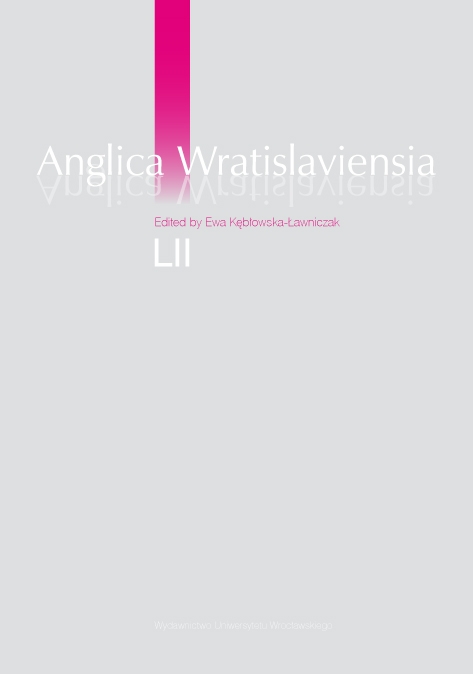

Linguistics

We investigate the morpho-syntax of three patterns of deadjectival nominals in German, Greek and Romanian. These nominals are suffix-based or zero-derived and present various crosslinguistic similarities and differences in terms of productivity, interpretation, and their choice of an argument-like genitive phrase. Suffix-based nominals SNs are productive and display the same morpho-syntactic properties in all languages — namely, they have a fully nominal internal syntax and realize a genitival argument. Zero-derived nominals present two different semantic instances: partitive bare nominals PBNs and quality bare nominals QBNs. On the one hand, QBNs share the interpretation and the morpho-syntax of SNs in all languages, but have reduced productivity. On the other hand, PBNs are substantially more productive in German than in Greek and Romanian, a difference that associates with a strong contrast in the morpho-syntactic behavior of PBNs in the two language classes. We argue that this many-sided morpho-syntactic and semantic variation can be accounted for by the two word formation processes that Distributed Morphology makes available — word formation from roots and word formation from other words —, which successfully accommodate the correlation between the productivity and the morpho-syntactic properties of the different patterns of nominalizations.